Why AIO is (Basically) The Same Thing as SEO
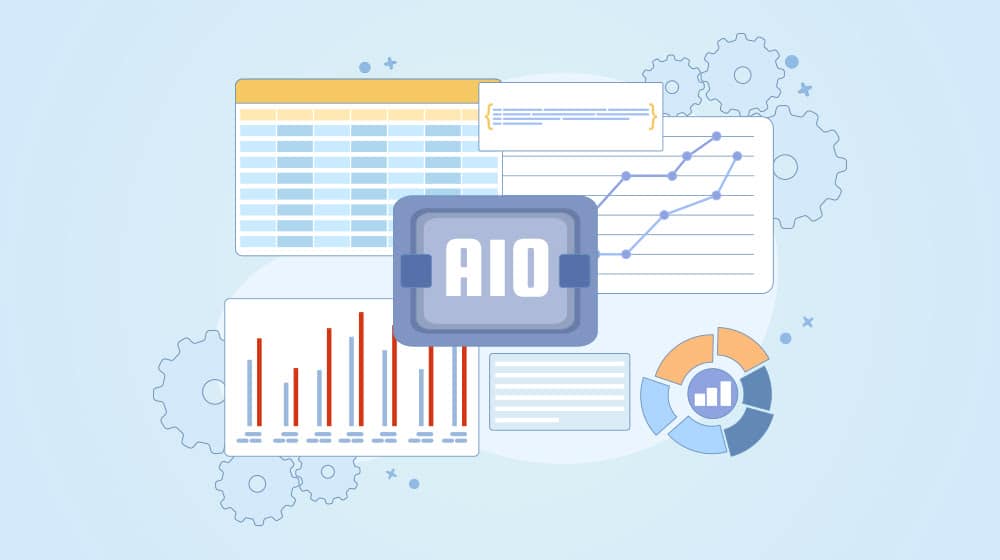
AI – LLMs in specific, but also machine learning in general – has been the next big thing in marketing for the last couple of years. As such, it has been incorporated into every facet of our industry, whether it serves a clear purpose there or not. Tools and concepts previously identified as machine learning or just analytics have been rebranded as AI-based products or services, and the ball keeps rolling.
It should come as no real surprise, then, that even the concept of marketing itself is warping around AI. With Google's AI summary and Bing's heavy investment in AI, we're starting to see a surge in "AIO," or Artificial Intelligence Optimization.
Is AIO replacing SEO? Is it even all that different?
Let's talk about it.
What is AIO?
First off, let's talk about what AIO is.
You see it on nearly every Google search today, with the AI Overview at the top. When you ask ChatGPT a question and ask it to use live web results, it's a similar story. Stand-alone tools like Perplexity are the same.
So, if someone is clicking and reading an AI overview on Google rather than browsing through websites, is it better for you to try optimizing your site and your content to become part of that overview rather than focusing on being one of the search results below it? After all, these AI overviews cite their sources.
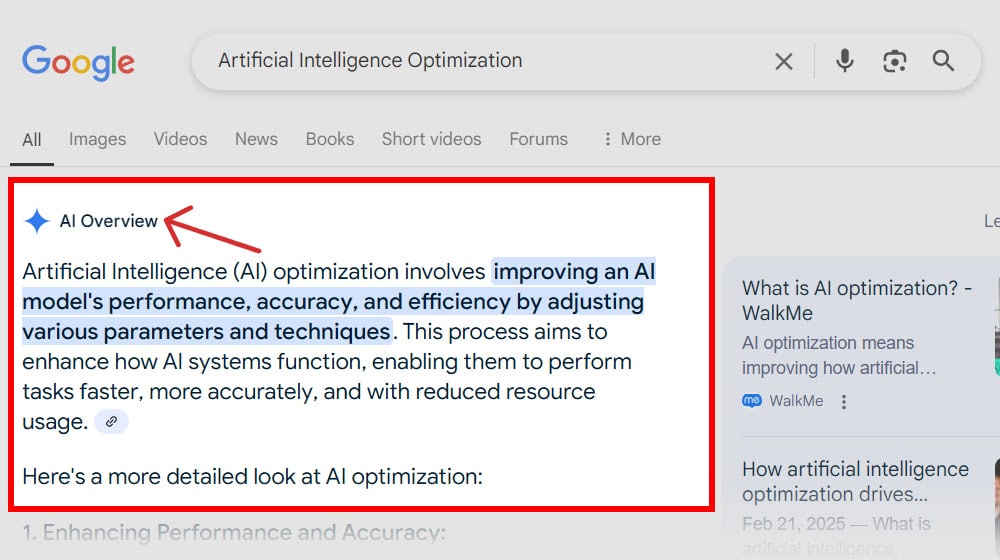
In a sense, it's almost like a "position #0" for search.
Other AI Acronyms
Before kicking off into a deeper discussion, I wanted to touch on different kinds of optimizations I've seen floating around as well.
So I've talked about SEO, AIO, and AIOO. But you also have things like GEO (Generative Engine Optimization), SGEO (Search Generative Experience Optimization), or even CO (Citation Optimization).
Each and every one of these is actually AO: Answer Optimization. I'll get more into this concept later, though, so just keep it in the back of your mind. Every kind of XXO is just a different way of approaching the same problem through different lenses.
Is AIO Replacing SEO?
If you do a search right now for AIO, you're going to see dozens of posts published about how AIO is killing SEO, how AIO is the new thing replacing SEO, and how SEO is done for.
None of these are true because they all miss the mark of what they're talking about.
That's intentional, and it's not your fault if you don't catch it because it's currently a very large industry centered around making you think AIO is something new.
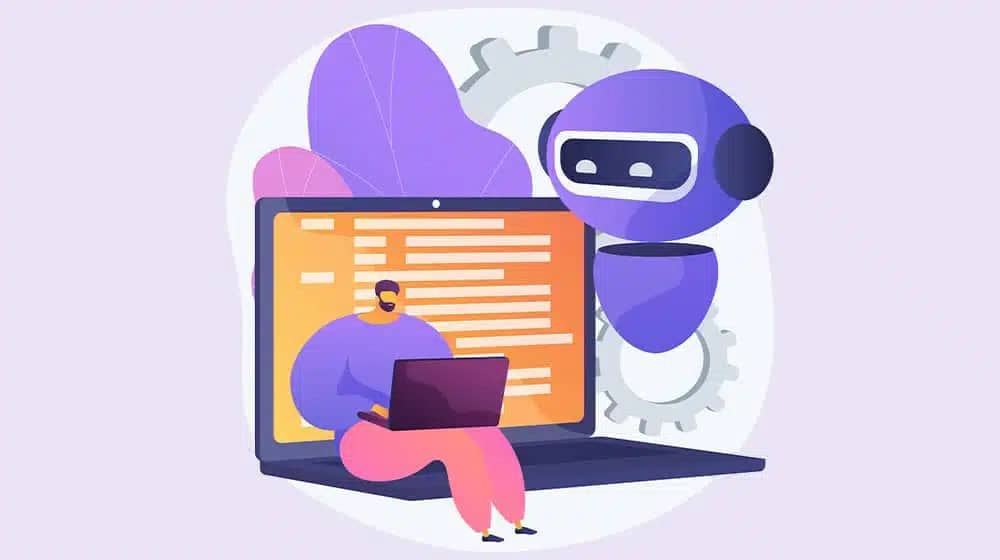
AIO is effectively just a buzzword, and it's getting a ton of attention because companies can push the Next Big Thing and get a lot of subscribers from the people who are constantly trend-chasing. It happens all the time.
AIO isn't killing or replacing SEO. AI is SEO.
The Death of SEO and the AI Paradox
One thing I also need to bring up is that we shouldn't want AIO to replace SEO or AI to replace search results.
If you remember a few years ago, Google started to add a bunch of different kinds of enhanced search results to their SERPs. They had boxes for maps and local business listings, they had boxes off in the sidebar that gave you the first chunk of a Wikipedia page, and they even had a previous kind of "position #0" data that just copied a few relevant paragraphs from the #1 search result and displayed them there on the SERPs.
There was a ton of outcry about this. Webmasters saw drops in traffic as Google simply took their content and displayed it. Users searching for answers got their answers, and the sites providing those answers were undercut.
Google walked this back. They still provided those position #0 results, but they were pared down and truncated, and critically, the site the results came from was linked for anyone to click through and read the context.
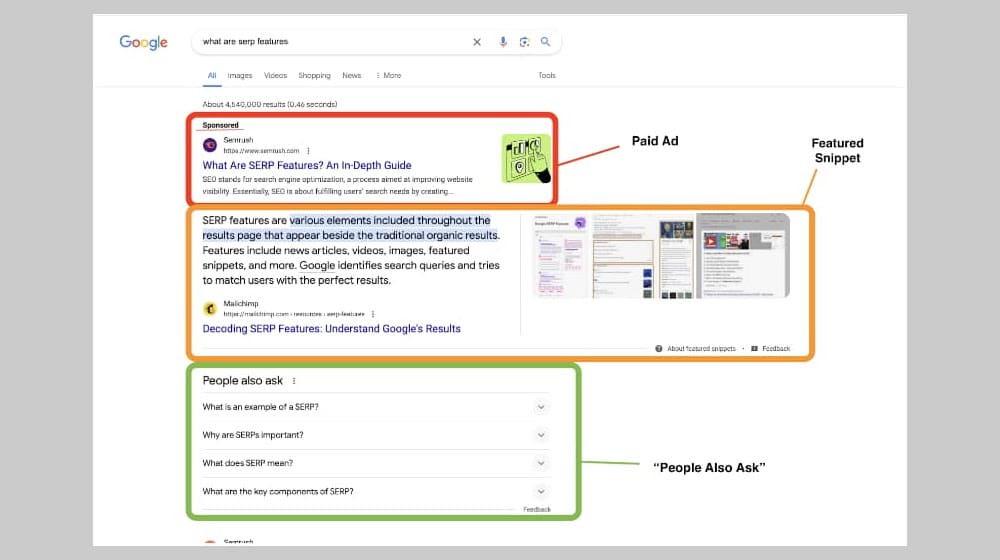
We're right back there again with the AI Overviews. The AI presents information, and sure, it cites a few sources. Is it draining traffic from those sites? The links are there to be clicked, but are people clicking them?
Signs point to no. Ahrefs did a study of 300,000 keywords (almost entirely with informational intent, which is where 99% of AI overviews appear) and found the presence of an AI Overview was correlated with a 34.5% lower clickthrough rate for the top-ranking page. Amsive and Similarweb also have studies with similar, though not as dire, results.
I bring all of this up because there's a certain risk we face right now as an information species.
If people turn to ChatGPT, Google's Overviews, Perplexity, and other tools to have their questions answered… fine. Those tools get their information from somewhere. Some of it comes from the training of the LLM, in which case it's effectively noise, since LLMs don't have an inbuilt way to identify facts or tidbits of knowledge. They can only present words in an order that looks good.
That's why all of these tools reference search engine results. When they're limited to just these ten supposedly correct results, they can be more reliably accurate. This is actually a big shift in content, in my view; Google is now giving more priority to consensus, presumably so that the top results are all similar and the AI reviews don't have to try to figure out what is and isn't true. I wrote about consensus in SEO over here if you want a deeper dive into this aspect of the discussion.
The problem comes down the line. Follow this train of thought with me:
- Tools spring up to replace Google, and Google competes by emphasizing AI more.
- People use these tools more. Whether or not they're reliable, people trust them.
- People who trust the tools don't dig deeper to verify. Sites the information comes from see less traffic.
- Sites that see less traffic have a harder time. They get less ad revenue, they lose subscribers, and they have a harder time selling their products.
- Over time, those sites update less and less, go dormant, or even disappear.
- This collapses the content market. Fewer and fewer sites can compete for the smaller and smaller number of people who click through to sites.
- The AIs have to do something. Maybe some start hiring people to create content directly for AI consumption. Maybe others believe the AI is good enough to synthesize novel information. Some might stagnate with less and less new information to use.
If AI kills SEO, it will starve itself.
Is this chain likely to happen? Who knows. I can't claim to predict the future. It is a worryingly tangible risk, though, especially when there's a terrifying number of people who display no real critical thinking capability anymore.
I've digressed, so let's get back to the main point:
How AIO Works
AIO means optimizing your content and your site so that you become one of the sources that the various AIs pull from to generate their results. Your goal is to be represented in the AI output and to be one of the cited sources so your link is there to be clicked.
How, specifically, would you do this? Well, look at where the AI tools pull their data from.
- Perplexity. Perplexity pulls almost entirely from the top page of search results for the topic in Bing. They have a few niche and independent sources, but it's almost entirely just Bing.
- ChatGPT. If you ask ChatGPT for an answer, it pumps out something based on its training. If you enable the "browse with Bing" option, it pulls from Bing's search results, just like Perplexity.
- Google's AI Overview. Obviously, Google's AI Overviews pull from Google's index, and in fact, much of the time, you can scroll a few items down and see the same list of sites beneath the AI summary.
- Gemini. Gemini, along with Google's Search Labs, their AI Mode, and other AI tools, all use Google's search results and index for their data sources.
Other AIs work in basically the same ways. Either they rely on their own training library and won't cite sources, or they pull from one of the major search engines, usually Bing or Google, depending on which corporate partnership they signed.
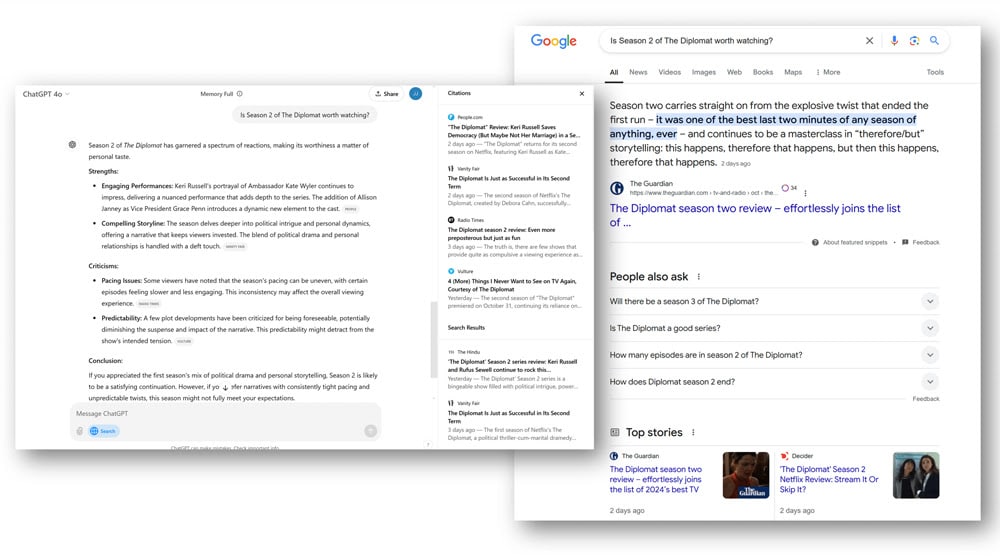
So, how do you get your website to be one of the sites pulled for the AI? You optimize it to be at the top of the search results for the search engine they're using. You optimize for the engine doing the searching, some sort of search engine optimizations. You could even call it SEO.
You do this through great content. You do this through technical optimizations like Schema, which allow the search engines to extract more relevant data. You do this through traditional SEO methods like earning backlinks.
The Root of it All: Answer Optimization
One thing I found interesting is that the vast majority of search queries where an AI overview pops up are those with informational intent. Ahrefs found that 99.1% of AI Overviews were informational queries.
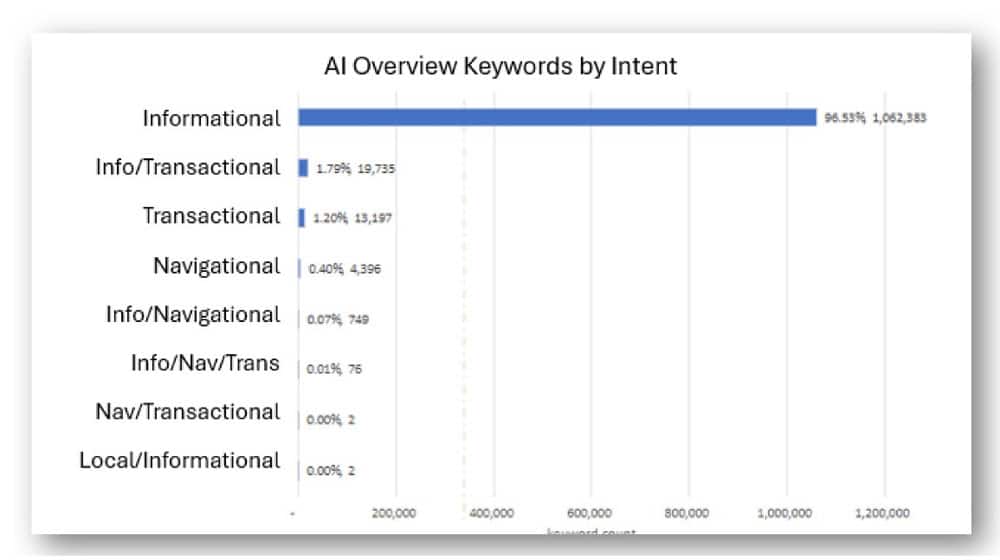
It makes sense, right?
- Navigational intent doesn't benefit from an AI giving the link.
- Tutorial intent could come soon, but for now, people don't necessarily trust the AI to be accurate and specific enough to work as a tutorial.
- Commercial intent still wants real user sentiment. You get second-string AI overviews here, like Amazon's AI summaries for reviews on products, but that's not quite the same kind of AI overview we're talking about.
- Transactional intent simply can't be done through the AI.
When people have a simple question they want to be answered, the AI is often sufficient. Not always, of course; that whole "doesn't know what a fact is" thing keeps cropping up, but it still makes sense that these are both the easiest kinds of queries to summarize with AI and the ones where the AI comes off as most effective.
Informational intent is all about understanding what the question a user is asking is, and providing them with the answer.
This is, in a way, the same thing Google has been pushing for nearly a decade now. Google has repeatedly said, with a bullhorn, that they want site owners to create content for the people. Not for the algorithms. Not for the AI. For the users.
All of what goes into modern content marketing (for me, at least) is focused on things like identifying user intent, finding valuable answers, and presenting them in a way that is supported by those technical and back-end SEO factors that help them rank. But, at the core, it's all about those answers.
AIO? The AI is trying to provide answers. To optimize for that, you just need to be the one providing the answers when the AI comes looking, and that's just SEO, again.
Should You Get to Work on AIO?
So, is it worth doing anything special for AIO? In my view, no. Not only do the AIs seem to scrape clicks away from the sites that they pull from, but the truth is, there's very little difference in optimization as things stand.
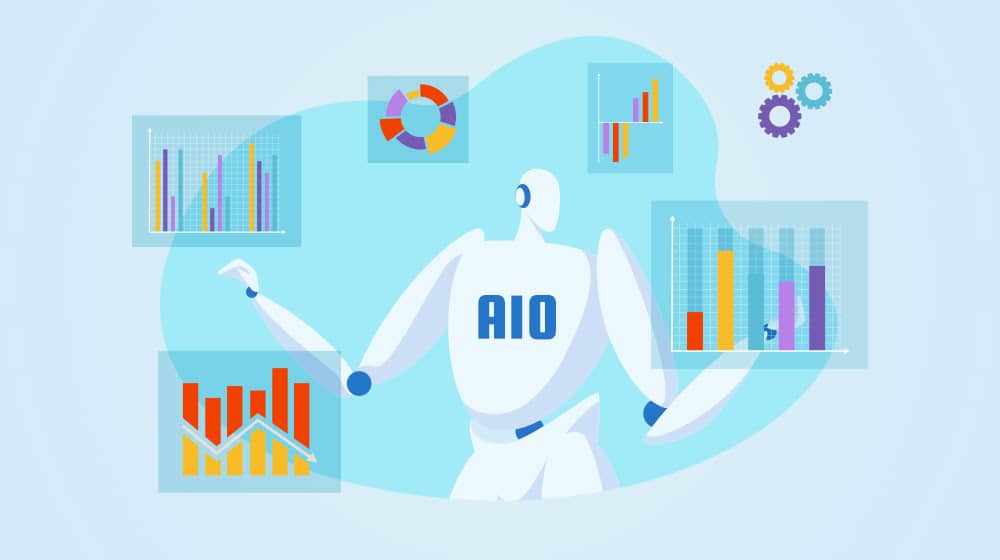
For the time being, short of trying to put a prompt injection into your content (which would probably get you removed from the index first), there's very little to do to target AI Overviews that aren't just part of best practices SEO already.
Maybe that will change in the future. As the AIs evolve and as the industry shifts, things will change. If it does, I'll be right there figuring it out, and I'll let you know when the time comes.
What do you think about this? Do you have a different take? Let's get a conversation started in the comments below!





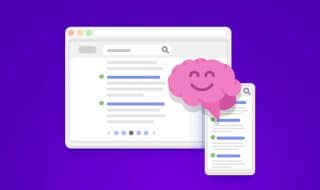

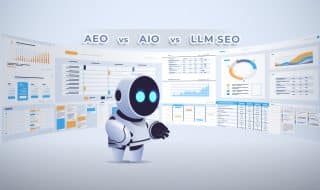


Comments